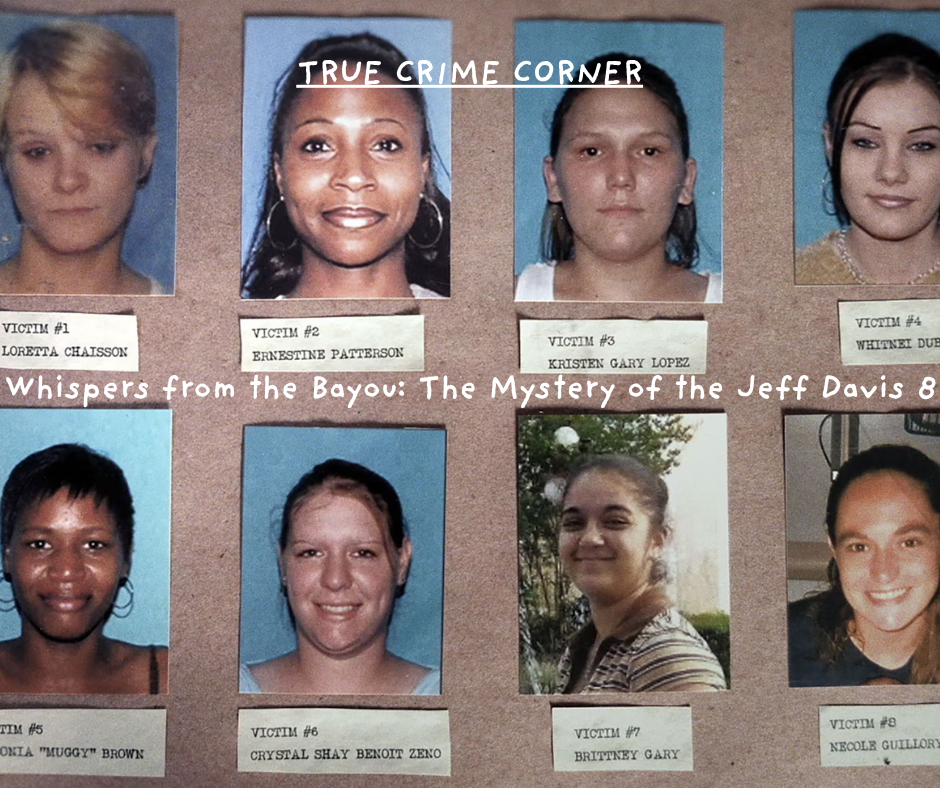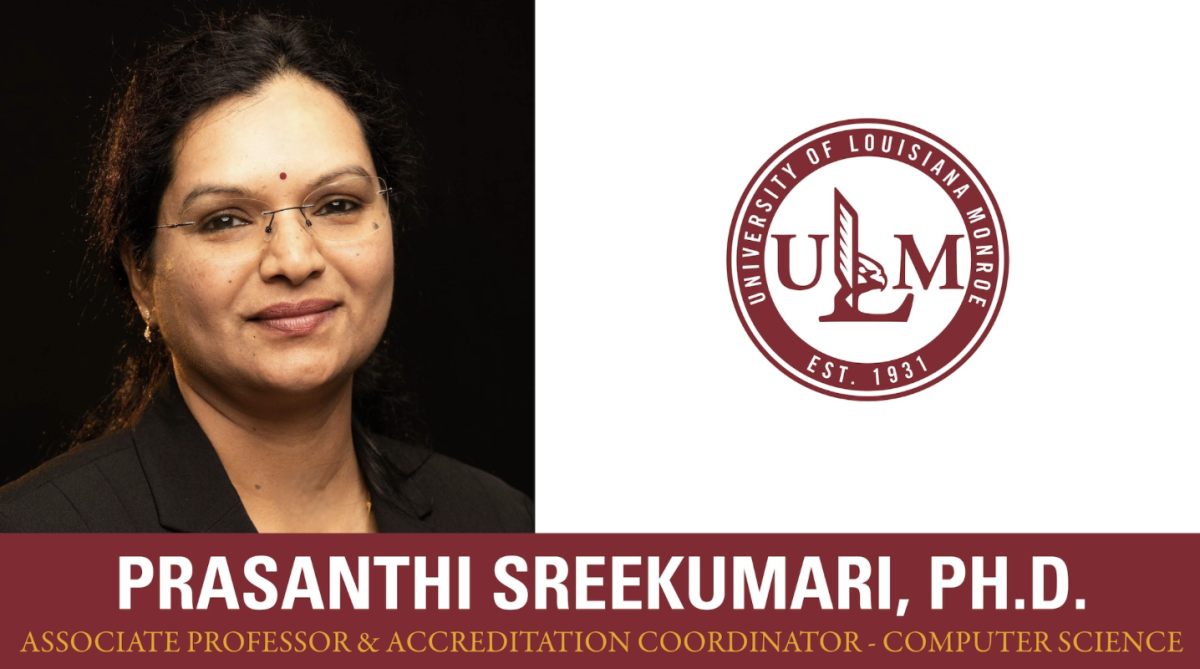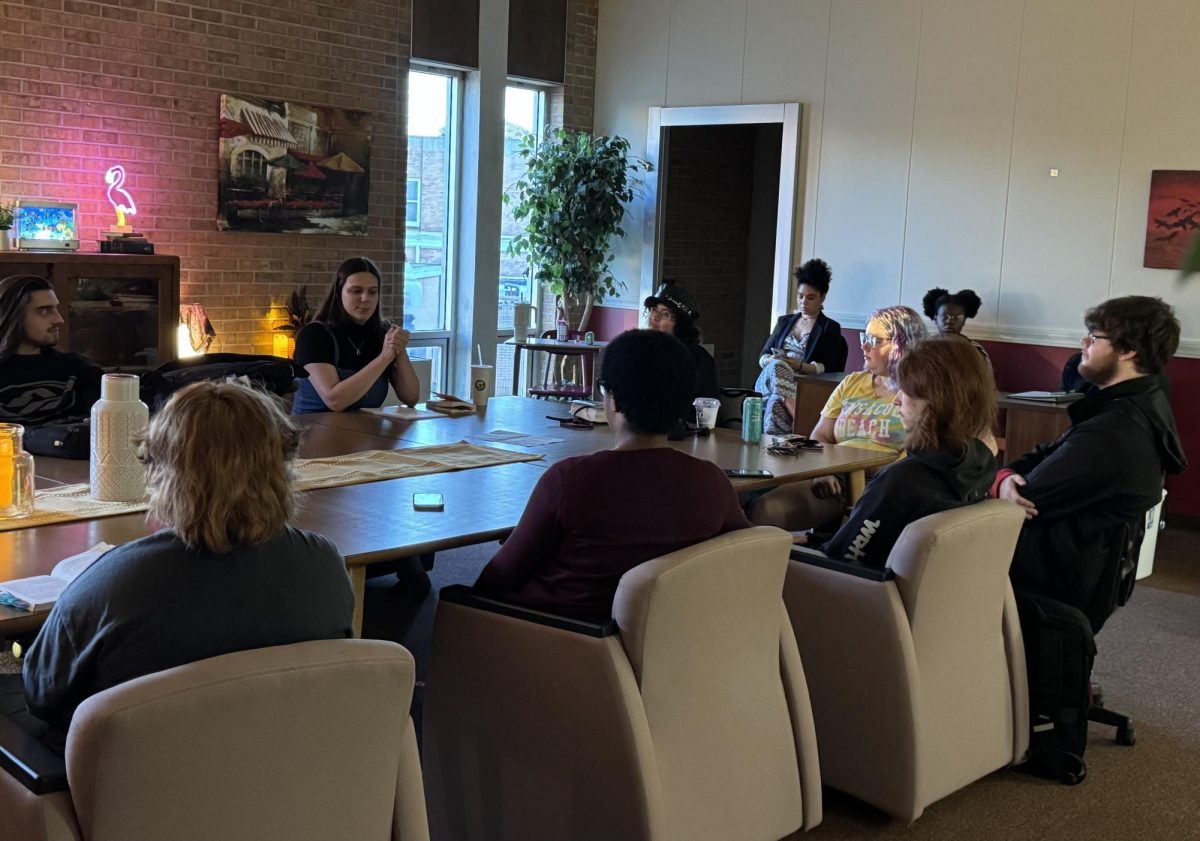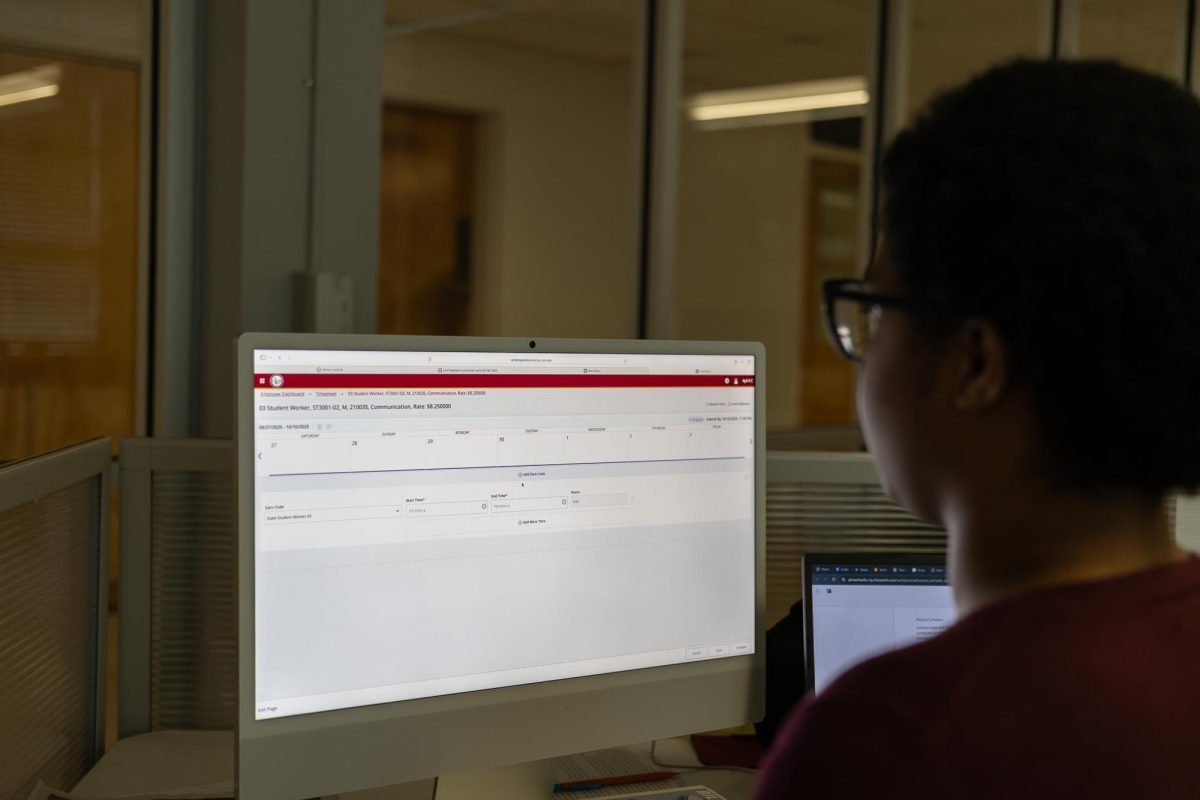Hybrid cheating: the two words alone need very little explanation. There is no denying that it happens.
With the numerous online classes ULM has added to its curriculum, it has inadvertently heightened the chances and opportunities of online cheating.
ULM Economics Professor Paul Nelson admits that when it comes to complete online courses the opportunities to cheat are greatly increased.
“I wish ULM did not let regular students into online classes. Unfortunately, all we have done is facilitated cheating by bringing students into one unsupervised place,” Nelson said.
“Many suggestions faculty have made to curtail cheating have not been implemented, primarily due to increased costs that would be passed on to students. ULM could be sacrificing integrity for a few credit hours,” said Nelson.
There are some courses that have in-class lectures and their assignments and quizzes are online.
It’s an easy opportunity for students to gather and discuss the answers.
Some students believe that in -class exams are a good way to differentiate between the cheaters and students who actually studied.
“I am happy for students to cooperate on quizzes. If the cooperation is genuine, then students are teaching each other, and when that happens, there is a whole lot of learning going on,” said Nelson.
But, he’s not blind to the chances of cheating.
“I am quite sure that some of what is going on is plain cheating [but] in that case, the cheater will do poorly on the exam,” said Nelson.
Senior English major from Leesville Andréa Jackson doesn’t agree with cheating, whether it’s online or in class.
“Of course, it’s not right; I mean, you shouldn’t cheat. But, since it is online it does make it more available for students to do it. But, when you’re forced to take your exams in class, it proves who actually studied,” said Jackson.





